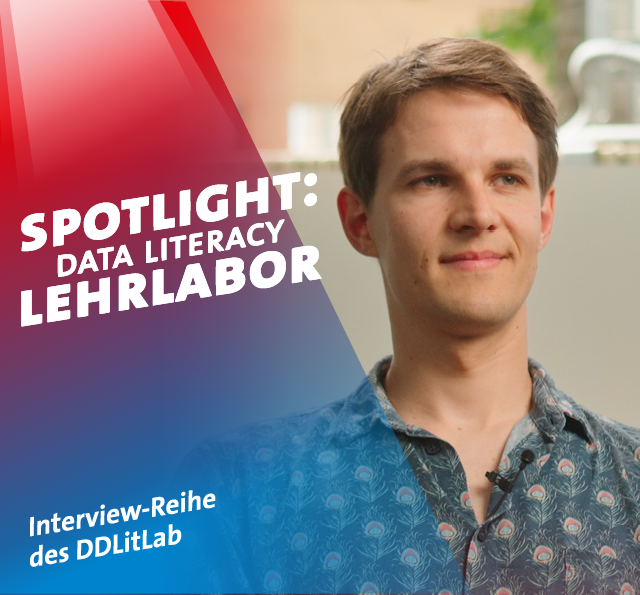Version Control of Code and Data with Git and DataLad
- Type of event: Seminar
- Organisation: Faculty of Psychology and Human Movement Science
- Funding period: 01.04.2023 to 31.03.2024
- Short title: Git
Extract from the funding application: "Version control is the notebook for a digital world and Git is probably the best-known version control system. It makes it possible to precisely document changes in digital objects and thus trace who changed what, when, how and why in a file."
Focus of the project

Digital objects on our computers, especially in science, are constantly changing. Manuscripts, programming code and research data are continuously and collaboratively modified. The systematic documentation of these changes is essential for reproducible and transparent science and effective collaboration.
Despite the importance of data and code, researchers often deal with digital objects in a chaotic manner. Questions such as "Which version did I use?" or "What did I change?" are common, compromising reproducibility and trustworthiness and leading to frustration and loss of time.
Researchers can learn from software development practices, particularly through the Git version control system. Git enables the tracking and organisation of the development of digital objects and their sharing via platforms such as GitHub.

https://git-scm.com/ - https://www.datalad.org/
Review and results

Against the backdrop of the replication crisis, there is a great need for methods to improve scientific practice. A key outcome of the teaching project was to teach course participants version control in a scientific context through the practical application of Git and the use of platforms such as GitHub.
A significant achievement is the creation of an open source learning resource for the effective use of Git in a scientific environment. This resource promotes the dissemination of knowledge about version control and supports transparent scientific practice.
Another outcome was the transparent development of teaching materials on GitHub, which promotes open and reproducible science and enables collaborative development. The course participants used this transparency to point out necessary additions.
Overall, the results achieved have deepened the understanding of version control and created valuable resources for the community, contributing to the data literacy of participants and promoting the principles of openness and collaboration in the scientific environment.
Tips from lecturers for lecturers

The central element of digital skills development was the fully transparent, public and collaborative development of teaching resources using Git and GitHub. From conception to the final report, all elements of the teaching project were created in collaborative cooperation between the teacher, the student assistant and the tutor. The teaching content (version control of code and data with Git and GitHub) was applied to the creation of the teaching content. This approach also follows good scientific principles of transparency, openness and reproducibility in the creation of teaching materials (further information can be found here).
The teaching project also contributed to the development of teachers' didactic skills. Various didactic methods were trialled as part of the teaching project: from partner and group work to quizzes, demonstrations and exercises. A deliberate focus was always placed on creating plenty of time and space for implementation, in which the participants were able to apply what they had learnt using concrete exercises and examples.
Persons involved
Faculty of Psychology and Human Movement Science
Applicants: Dr Lennart Wittkuhn, Prof Dr Nicolas Schuck
Funding line: Subject-specific data literacy
Funding period: 01.04.2023 - 31.03.2024
Course in winter semester 23/24: Seminar Version control of code and data with Git and DataLad (link to external project website)



